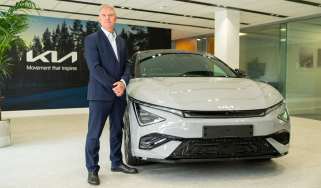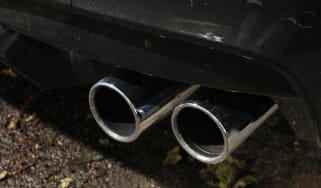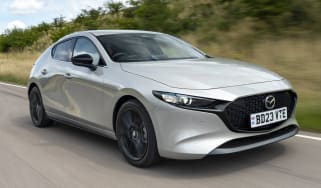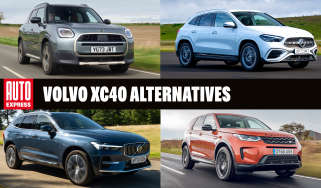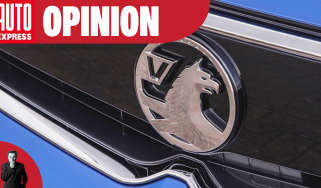Big tariffs on Chinese EVs as Europe clamps down on cheap car imports
New import duties in place from July 4 2024 will see big price hikes on Chinese cars if Europe and China fail to agree terms
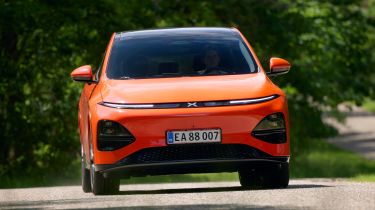
The European Commission has put in place huge provisional import tariffs of up to 48 per cent on Chinese electric cars, but they’ll only be activated if China and the EU can’t agree terms in the ongoing row about Chinese subsidies.
The swingeing tariffs applied to Chinese car brands differ depending on the level of subsidy the EC considers each brand has enjoyed from the Chinese government, or whether the EC feels that brand has failed to work with its legislators during recent investigations. The rates applied range from 17.4 per cent to 37.6 per cent, but this is in addition to the 10 per cent standard import duty already applied. It means some brands could face price hikes of up to 50 per cent on their cars if they pass all the tariffs on to European consumers.
The move follows the European Commission’s investigation into what it describes as “unfair subsidisation” by Beijing. Launched last October, the inquiry took nine months and found that such subsidies pose a “threat of economic injury to EU BEV producers”.
From 4 July 2024, the EC says its additional import tariff will be applied to EVs built in China, “should discussions with Chinese authorities not lead to an effective solution”. Such discussions are ongoing already, so the reality is that any extra tariffs are unlikely to be applied until later this year subject to the outcome of those negotiations.
Which brands will be most affected?
The effect of the ruling has a potentially huge impact on SAIC, the owner of MG, Maxus and Inmotors, which could be hit with a huge 38.1 per cent (48.1 per cent total) tariff on all of its models, over and above the 10 per cent import tariff already applied. To put this in perspective, if this kind of tariff comes to the UK, it would bring the cost of the £26,995 MG4 hatchback to £36,252 – an increase of almost £10,000.
Geely, the owner of Volvo, Lotus and Smart, would incur 20 per cent (30 per cent total) tariffs, while BYD models would incur an additional 17.1 per cent (27.1 per cent total) duty.
Other Chinese manufacturers that have complied with the Commission's investigation will be subject to a 21 per cent (31 per cent total) additional tariff, while those that haven’t will suffer the same 38.1 per cent (48.1 per cent total) duty as SAIC models.
Some car makers, such as Tesla - which produces many of its best-selling cars in China - have already applied for special considerations. Any firm can challenge the ruling up to four months from the date the tariffs came into force on July 4, although the evaluation process could take up to nine months to reach a decision.
Speaking to Auto Express, Professor of Business and Sustainability at Cardiff University, Peter Wells, highlighted how the EU’s tariffs would “deny consumers the choice of some very low cost electric cars”.
“Tariffs will be passed on to consumers”, Wells explained. “They may also allow European manufacturers to charge more than they would in a more open market, [meaning] consumers on average will be paying more per car whatever the source.”
The Commission's imposition of additional tariffs follows the news from earlier this year that all Chinese EVs being imported into the U.S will face 100 per cent tariffs, essentially doubling their market price.
Wells noted that while “the UK will not be forced to comply with EU tariffs, [it] may very well follow them. Actually, post-Brexit the UK is in a vulnerable position on this issue, as the EU and US are [both] imposing tariffs and other barriers to market entry by Chinese companies, in addition to vehicles produced in China by non-Chinese firms.”
Searching for a zero-emission bargain? These are the cheapest electric cars on sale...


